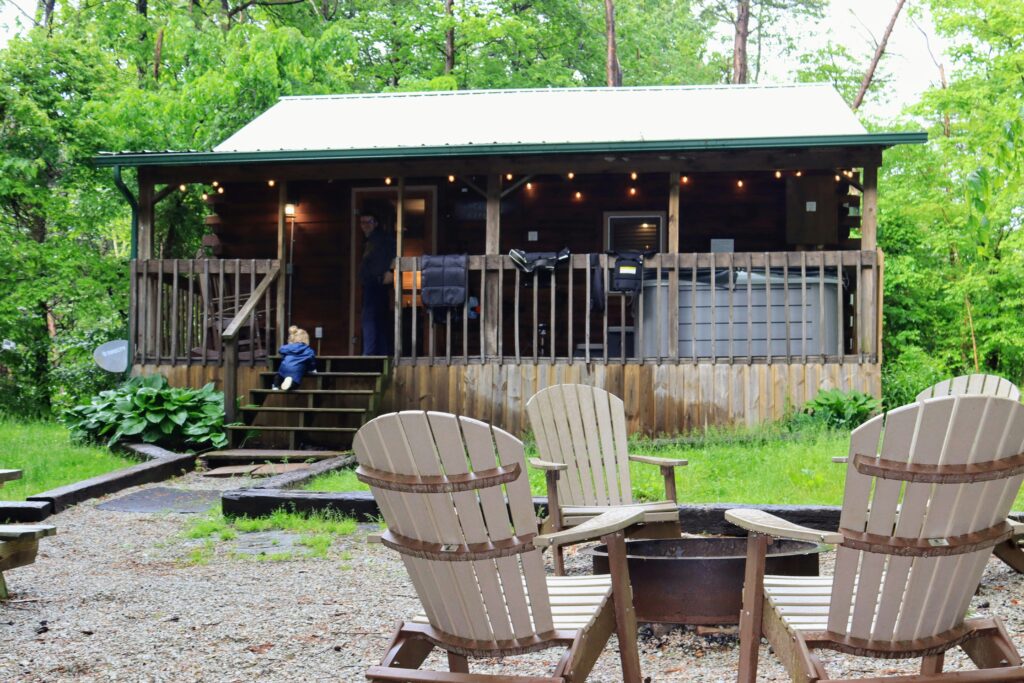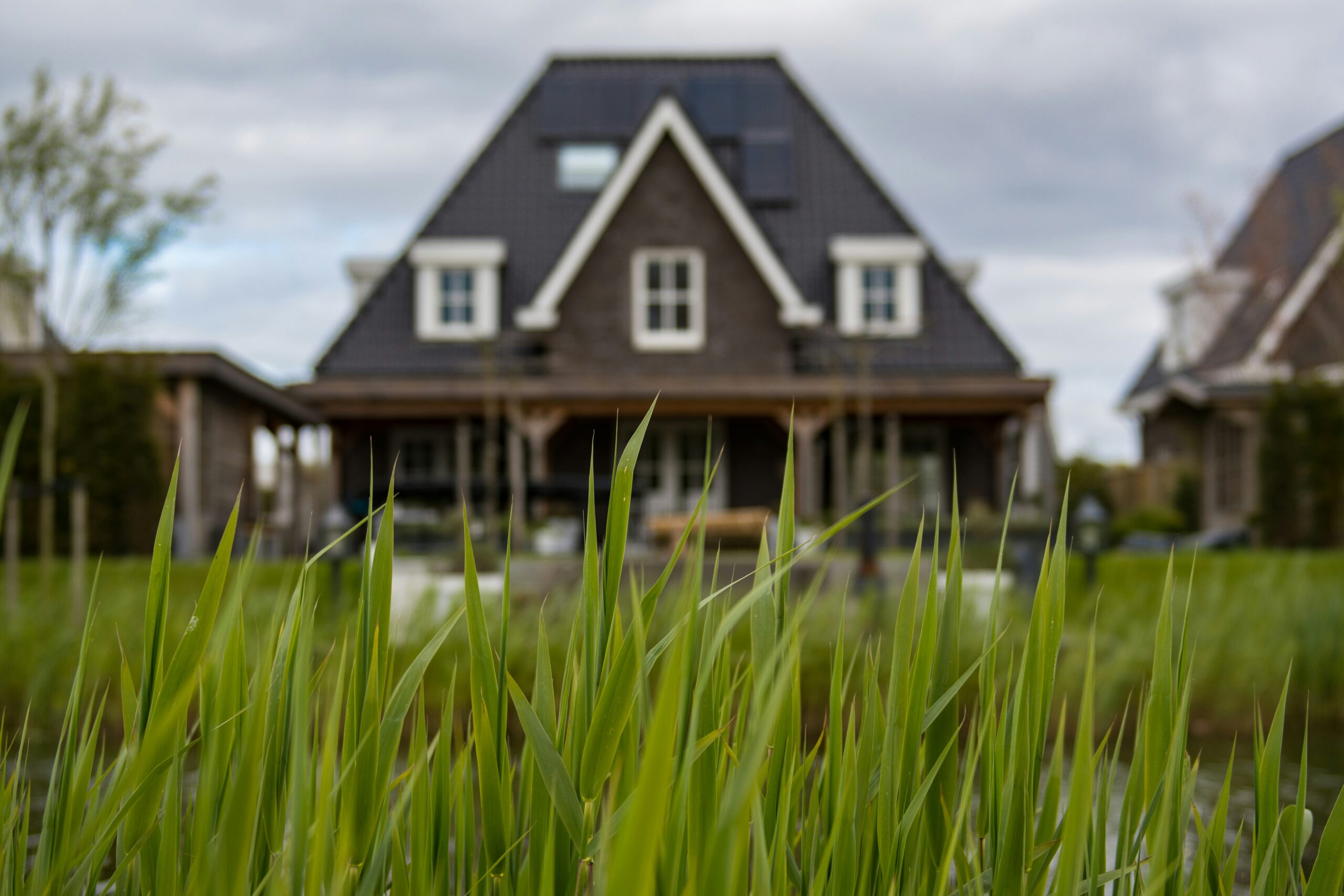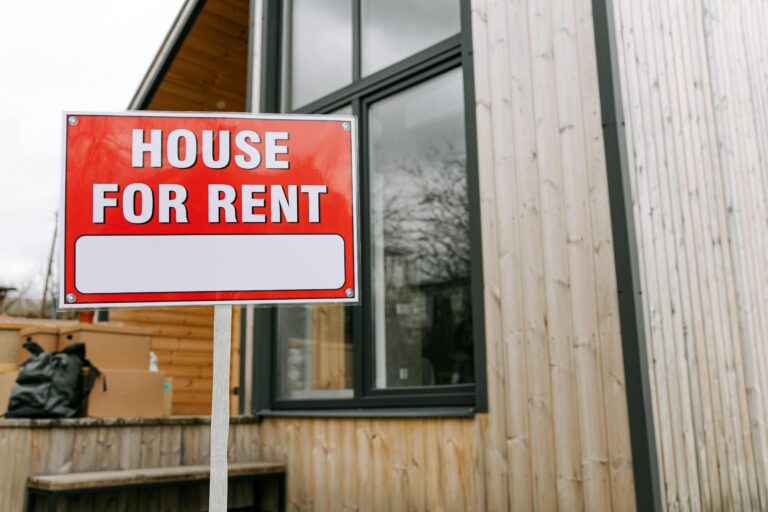House Hacking: Live in One Unit, Rent Out the Other: A Smart Path to Real Estate Investing
If you’ve ever dreamed of getting into real estate investing but felt intimidated by the cost of owning multiple properties, house hacking might be your perfect entry point.
This popular investment strategy allows you to live in one part of a property while renting out the other, helping you cover your mortgage and even build long-term wealth—all while keeping housing costs low.
House hacking isn’t just for seasoned investors; it’s an approachable, beginner-friendly method for anyone looking to turn their home into a financial asset.
Whether you buy a duplex, triplex, or single-family home with a rentable unit, this approach can help you gain valuable landlord experience while reducing your living expenses.
Let’s explore how house hacking works, what to consider before diving in, and how it can kickstart your journey into real estate investing.
What Is House Hacking?
At its core, house hacking means using your primary residence as both a home and an investment property. You buy a property, live in one unit, and rent out the others—whether that’s a basement apartment, an accessory dwelling unit (ADU), or a separate duplex or triplex unit.
This strategy helps offset your mortgage and other expenses with rental income. In many cases, it can even generate a profit, turning your home into an income-producing asset. Essentially, you’re combining the benefits of homeownership with the financial perks of rental property investing.
Common house hacking setups include:
- Duplexes and triplexes: Live in one unit and rent out the others for steady monthly income.
- Single-family homes with ADUs: Build or convert part of your property into a rentable unit.
- Basement or garage apartments: Transform extra space into a private rental area.
- Room rentals: Rent out individual bedrooms in a larger home (a popular approach near colleges or major cities).
Whichever setup you choose, house hacking helps you take advantage of your property’s earning potential while keeping your personal housing costs manageable.
Why House Hacking Is a Powerful Real Estate Investing Strategy
One of the biggest barriers to real estate investing is cost. Buying an investment property outright typically requires a sizable down payment—often 20% or more—and managing a separate property comes with risks and expenses.
House hacking helps solve both challenges by allowing you to live in your investment while your tenants help pay the bills.
Key benefits of house hacking include:
- Lower living expenses: Rental income from tenants can offset your mortgage, utilities, and property taxes—sometimes completely covering them.
- Easier financing options: Lenders often classify house-hacked properties as “owner-occupied,” which qualifies you for lower down payments and better interest rates compared to traditional investment loans.
- Wealth building through equity: While tenants pay rent, you’re simultaneously building home equity as your mortgage balance decreases.
- Tax advantages: You can deduct expenses related to the rental portion of your home, including repairs, maintenance, insurance, and depreciation.
- Hands-on experience: It’s a low-risk way to learn property management skills before expanding into full-scale investing.
House hacking serves as a practical stepping stone for future real estate investors. It allows you to gain firsthand experience managing tenants and maintaining properties while building financial stability.
How to Find the Right Property for House Hacking
Choosing the right property is the foundation of a successful house hacking strategy. The ideal home should provide comfortable living for you and attractive accommodations for your tenants while fitting your budget and long-term goals.
Here’s what to look for when shopping for a house hack:
- Multi-unit properties: Duplexes, triplexes, and fourplexes are ideal since you can live in one unit and rent out the others while still qualifying for residential financing.
- Separate entrances: Properties with distinct living spaces make tenants more comfortable and minimize privacy issues.
- Desirable location: Look for areas with strong rental demand—near schools, hospitals, business districts, or tourist attractions.
- Good condition or light fixer-upper: A property in solid shape reduces immediate repair costs. A light fixer-upper, however, can offer great value if you’re handy.
- Reasonable price-to-rent ratio: Aim for a property where expected rent from tenants covers a significant portion (if not all) of your monthly mortgage payment.
Before buying, run the numbers carefully. Use rental market data from Zillow, Rentometer, or local listings to estimate your potential income. Don’t forget to account for vacancy rates, maintenance, and property management time when calculating expected returns.

Financing Options for House Hackers
Financing a house hack is often easier than funding a traditional investment property. Because you’re living on-site, lenders consider it your primary residence, qualifying you for more favorable terms. This advantage makes real estate investing accessible to more people, especially first-time buyers.
Common financing options include:
- FHA loans: Require as little as 3.5% down for owner-occupied multi-unit properties (up to four units).
- Conventional loans: Typically require 5–15% down for primary residences, offering flexibility and competitive rates.
- VA loans: Available to eligible veterans and active-duty service members, allowing zero down payment for multi-unit properties.
- USDA loans: Designed for rural properties, these can also allow for low or no down payments.
When applying for financing, lenders may consider potential rental income as part of your qualification process, which can help you afford a higher-priced property. Be sure to discuss this with your loan officer to understand how projected rent impacts your mortgage approval.
Managing Tenants and Living Next Door
One unique aspect of house hacking is sharing a property with your tenants. While this arrangement has financial perks, it also requires careful communication and boundaries to maintain a positive living experience for both sides.
Best practices for managing tenants:
- Screen tenants carefully: Always run background and credit checks to ensure reliable renters.
- Set clear expectations: Draft a detailed lease agreement outlining rent due dates, maintenance responsibilities, and house rules.
- Maintain professionalism: Even if you live nearby, treat the arrangement as a business relationship.
- Respect privacy: Avoid dropping in unannounced—schedule maintenance visits in advance.
- Handle repairs promptly: Quick responses to maintenance requests keep tenants satisfied and protect your investment.
Living close to your tenants can make property management easier, but it’s important to strike a balance between being a responsive landlord and respecting boundaries.

Calculating Profitability: How Much Can You Save or Earn?
Before committing to a house hack, calculate your potential savings and income. Your goal is to minimize—or ideally eliminate—your out-of-pocket housing expenses while generating long-term equity growth through real estate investing.
Example breakdown:
- Mortgage payment: $2,000 per month
- Rental income from other unit(s): $1,500 per month
- Net monthly cost: $500 out-of-pocket
In this scenario, you’re living in a property that costs you far less than traditional housing—and over time, as rents increase or your mortgage balance decreases, your investment becomes even more profitable.
Keep in mind that your property’s appreciation, tax deductions, and mortgage paydown all contribute to your total return on investment (ROI), even if initial cash flow is modest.
Challenges to Consider Before House Hacking
While house hacking offers tremendous benefits, it’s not without challenges. Being both a homeowner and landlord requires patience, organization, and adaptability.
Potential drawbacks include:
- Reduced privacy, especially in shared spaces or single-family setups.
- Additional responsibilities like maintenance, repairs, and tenant communication.
- Possibility of vacancies or late rent payments.
- Local zoning laws or HOA restrictions that limit rental activity.
Fortunately, most of these challenges can be mitigated through careful planning, professional guidance, and strong lease agreements. Many successful investors view these early experiences as invaluable lessons that prepare them for larger property ventures later on.
Final Thoughts: House Hacking as the Gateway to Real Estate Investing
House hacking is more than just a cost-saving strategy—it’s one of the smartest ways to enter the world of real estate investing with minimal risk.
By living in one unit and renting out another, you can reduce your housing costs, build equity, gain hands-on experience, and generate income—all from your primary residence.
Ready to start your house hacking journey?
Begin by researching multi-unit properties in your area, calculating rental potential, and exploring financing options that suit your goals.
With the right approach, you’ll not only create a more affordable lifestyle but also lay the foundation for long-term financial independence through real estate investing.
Thinking of becoming a landlord? Read this.







